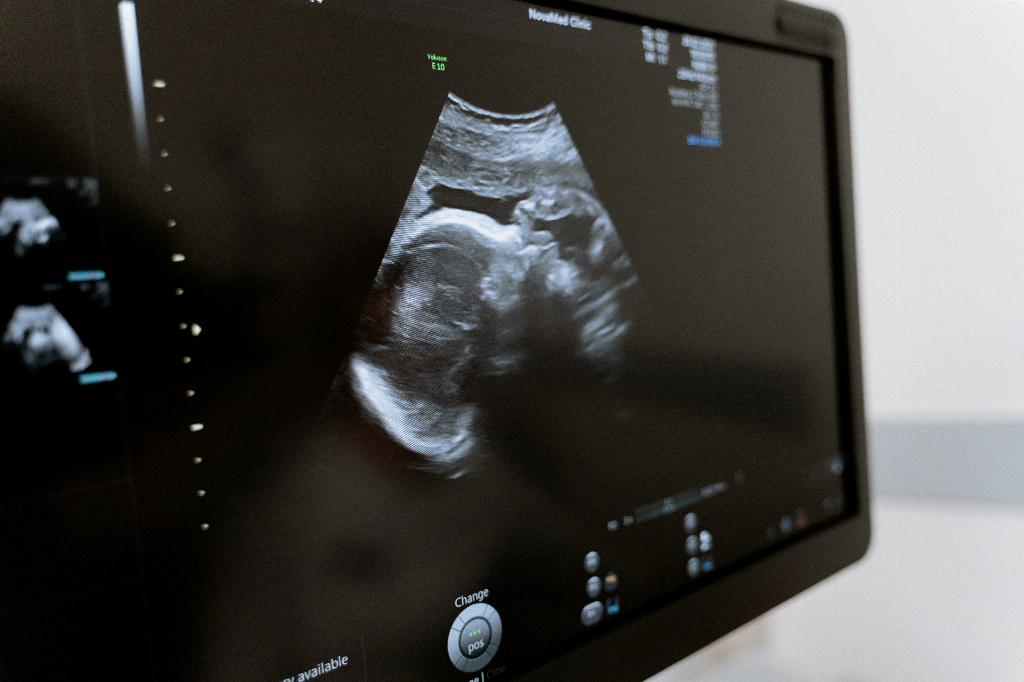When it comes to exposing babies to secondhand smoke, the effects can be incredibly harmful and even life-threatening. One of the most tragic consequences is sudden infant death syndrome (SIDS), a devastating condition that can be linked to secondhand smoke exposure.
Studies have shown that the impact of secondhand smoke on babies is immediate and can lead to a range of health problems that can affect them throughout their lives. It’s alarming to think that since 1964, about 2,500,000 non-smokers have died due to health issues caused by exposure to secondhand smoke.
For babies, the effects of secondhand smoke exposure can be particularly severe because their bodies are still developing and are more vulnerable to the harmful chemicals found in cigarette smoke. Every breath of secondhand smoke contains thousands of chemicals, many of which are known to be toxic and carcinogenic.
As soon as a baby is exposed to secondhand smoke, these chemicals start to wreak havoc on their delicate systems. The impact of secondhand smoke can be immediate, affecting their respiratory system, cardiovascular health, and overall well-being.
Unlike adults who may have built up a tolerance to some extent, babies are defenseless against the harmful effects of secondhand smoke. Their tiny lungs are still developing, making them more susceptible to respiratory infections, asthma, and other breathing problems.
Additionally, exposure to secondhand smoke can impair a baby’s cognitive development and increase their risk of developmental delays. The chemicals in cigarette smoke can interfere with the normal growth of their brain cells, potentially leading to long-term cognitive issues.
Furthermore, babies who are exposed to secondhand smoke have an increased risk of experiencing ear infections, colic, and even behavioral problems. The toxins in cigarette smoke can disrupt their immune system and make them more prone to various health issues.
It’s essential for parents and caregivers to create a smoke-free environment for babies to thrive and grow healthily. Even brief exposure to secondhand smoke can have lasting consequences on a baby’s health and well-being, so it’s crucial to take proactive steps to protect them.
By understanding the immediate impact of secondhand smoke on babies, we can work towards creating a safe and healthy environment for the little ones in our lives. Choosing not to smoke around babies and ensuring that their surroundings are smoke-free can make a significant difference in their long-term health.
Ultimately, when it comes to the question of how long it takes for secondhand smoke to affect a baby, the answer is clear: the effects are immediate, and the risks are significant. It’s up to us as adults to prioritize the health and well-being of our little ones by keeping them away from the dangers of secondhand smoke.

